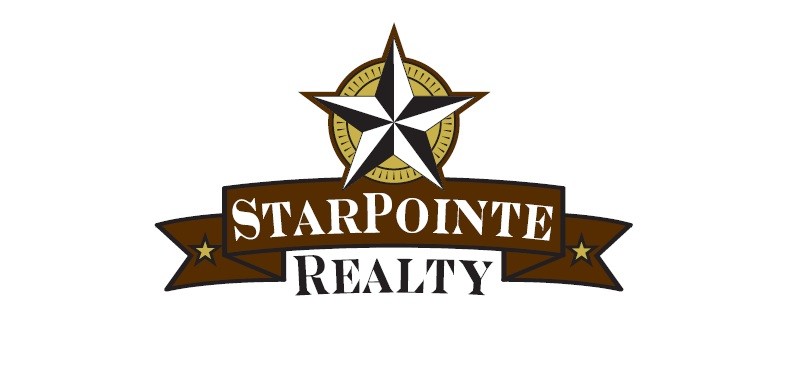Updated 7/1/16; originally published 8/15/15
Takeaways
- Purchasing a home is a major purchase; do your due diligence when choosing an agent.
- Cross reference several different resources when evaluating an agent and their history
- Personal references count for a lot, but still evaluate agents referred to you.
So, you’ve found some Realtors® and narrowed down your list to a small handful of potential agents to work with.
How do you choose between them?
Here are a few things to consider about each agent to help decide on whom to go with, either to sell or buy your home.
Reviews
Most established agents will have reviews. Somewhere. There are lots of different places they may have reviews – the Yellow pages, their Facebook page, Yelp, Zillow, Trulia. If you can’t find any searching online, ask them to direct you to where they keep their reviews. As an agent, it is difficult to please everyone, but enough reviews should firstly show how well established the agent is, and secondly the common themes will likely start to paint a picture of their primary strengths as an agent.
- Don’t Sign a Contract with a Builder Until You’ve Done These 5 Things
- The 24 Apps and Software I Use Daily as a Real Estate Agent
Designations and Certifications
Realtors® refer to these derogatorily as the “Alphabet Soup”. Agents can accrue professional designations like GRI, CRS, ABR, ePro, or SFR. Most of these designations require coursework and regular membership fees. Agents with designations like these are not necessarily any better than those who have not accumulated or forgone these designations. Some, as I alluded, simply accumulate designations the longer they’ve been in the business, but don’t necessarily learn or apply the skills they are taught. But generally, designations can be a good clue as to who has invested the most into their job and profession. The most basic designations I would recommend looking for are the GRI (Graduate Realtor Institute) and slightly more advanced CRS (Certified Residential Specialist). Depending on what you are looking for, you may look for other specific designations, like the Short Sales and Foreclosure Resource (SFR) or Seniors Real Estate Specialist (SRES). Most agents will list their alphabet soup after their name in their business card or email signature, as mine is below with the GRI.
Experience
This is a hard one for me because every agent has to start somewhere. I had a buyer and a seller who were both willing to take a chance on me, being my first client, and without that no agent would be where they are today. And of course, experience can work the other way, too. The real estate industry, laws, market, and technology are always changing, and sometimes the most experienced agents have a harder time adapting. But after my own experience in the business, it is undoubtedly true that real estate sales has a steep and long learning curve, and experienced agents are likely to be better prepared and bring more local and professional knowledge to the table. Experience for agents come not with the number of years, but the number of transactions. Ask your agent how many transactions they’ve done in the past year. In the Fort Hood Area, anywhere from 15-50 (not including teams, who can handle many more transactions) is a typical workload of an engaged agent. If the agent has fewer, find out why (a luxury specialist, for example, may only have a few sales a year). Even if they’ve only done a few deals or are just starting out, if they click with you on a lot of other levels and have a good brokerage with support, they may still be a good fit for you.
- 9 Red Flags When Choosing a Realtor to Sell Your Home
- Why Silicon Valley has Failed to Replace Your Real Estate Agent (So Far)
Knowledge and Rapport
Interview agents. If you have a few agents you are considering, arrange a time to meet with them just to ask questions. At a minimum, you should learn a lot. And don’t expect agents to have answers for everything, either. But interviewing the agent and asking any questions you may have about either the agent or the market is a good way to evaluate both how knowledgeable the agent may be and how well you get along. Getting along with an agent is important, as you and your agent will have to have a mutual trust
Also, agents with a strong online presence, perhaps with a blog with lots of local information (wink wink!) likely have demonstrated knowledge of the market can be a great find!
TREC Violations
The Texas Real Estate Commission regulates real estate brokerages and keeps a record of disciplinary actions against agents and brokers. You can search an agent’s history here. I’ve met some great agents who have been fined or otherwise disciplined at one point or another, so again it is not a fool proof method of evaluating an agent. But it is still good information to help evaluate agents.
Membership in the Local Board of Realtors®
All real estate is local. And so are the Realtor® boards. Most people may not realize it, but there is a different MLS system for every region of Texas. Just in our area, for example, is the Fort Hood Area MLS, the Temple-Belton MLS, and the Austin MLS. Realtors® are seldom a member of more than one or two. Agents can only put your listing on the MLSes to which they have access, so it is important that the agent you are working with is a member of your local board, or at least has MLS privileges.
What Next?
As an agent, I can tell you that the vast majority of people I work with never interview another agent. I would encourage savvy buyers and sellers to evaluate more than one agent.
If you are looking in the Fort Hood area and shopping for an agent, I would love to talk more about what you are looking for and what is important to you. Contact me at (512) 763-7912 or email at brian@starpointerealty.com to schedule a time to discuss your needs.
Other recommendations for good agent evaluation criteria? Please post them below for everyone to read!
Brian E Adams, REALTOR®, GRI
StarPointe Realty Central Texas LLC
brian@starpointerealty.com
(512) 763-7912
Licensed in the State of Texas



